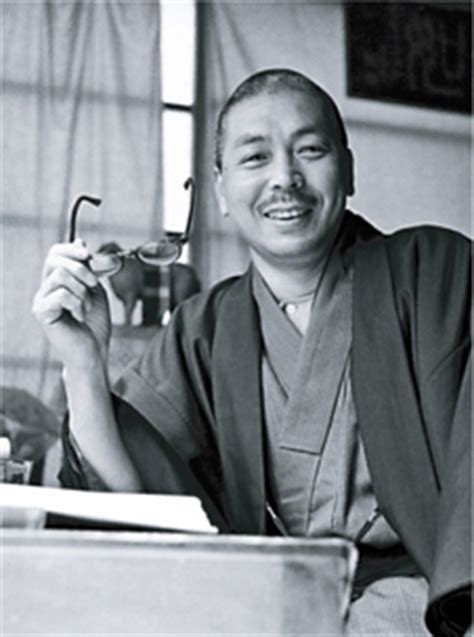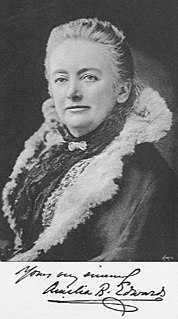A Quote by Quentin S. Crisp
If we do overcome linear time, I would hope this means dwelling more directly in the fertility of the imagination rather than denying it, as some aspects of Buddhism seem to.
Related Quotes
If science proves some belief of Buddhism wrong, then Buddhism will have to change. In my view, science and Buddhism share a search for the truth and for understanding reality. By learning from science about aspects of reality where its understanding may be more advanced, I believe that Buddhism enriches its own worldview.
They would make the 'Church ' their great meeting-point, rather than the Atonement of Christ. As far as my experience goes, they have more devoutness and less devotion, more fear and less love, more feeling of duty than of desire, laying more stress on Phil. ii. 12 than ver. 13, and in practice working upon the intellect and imagination rather than aiming at the heart, skirmishing among the outworks rather than assaulting the citadel.
I think continuity is the devil. I think it's constricting and restrictive, I think it's alienating and off-putting, and it inflicts an artifact of linear time as we experience it on something that exists outside of linear time as well as keeps new readership away by keeping comics a matter of trivia and history rather than actual stories.
But I'd rather help than watch. I'd rather have a heart than a mind. I'd rather expose too much than too little. I'd rather say hello to strangers than be afraid of them. I would rather know all this about myself than have more money than I need. I'd rather have something to love than a way to impress you.
Wishing is the beginning of imagination. They practice wishing when they are young things, and then -when they have grown - they have a developed imagination. Which can do some harm - greed, that kind of thing - but more often does them some good. They can imagine that things might be different. Might be other than they seem. Could be better.
It may be said of some very old places, as of some very old books, that they are destined to be forever new. The nearer we approach them, the more remote they seem: the more we study them, the more we have yet to learn. Time augments rather than diminishes their everlasting novelty; and to our descendants of a thousand years hence it may safely be predicted that they will be even more fascinating than to ourselves. This is true of many ancient lands, but of no place is it. so true as of Egypt.
If there were only some way of contriving that a state or an army should be made up of lovers and their beloved, they would be the very best governors of their own city, abstaining from all dishonour, and emulating one another in honour; and when fighting at each other's side, although a mere handful, they would overcome the world. For what lover would not choose rather to be seen by all mankind than by his beloved, either when abandoning his post or throwing away his arms? He would be ready to die a thousand deaths rather than endure this.
Iconography becomes even more revealing when processes or concepts, rather than objects, must be depicted for the constraint of a definite "thing" cedes directly to the imagination. How can we draw "evolution" or "social organization," not to mention the more mundane "digestion" or "self-interest," without portraying more of a mental structure than a physical reality? If we wish to trace the history of ideas, iconography becomes a candid camera trained upon the scholar's mind.
...the mind is more powerful than any imaginable particle accelerator, more sensitive than any radio receiver or the largest optical telescope, more complete in its grasp of information than any computer: the human body- its organs, its voice, its powers of locomotion, and its imagination- is a more-than-sufficient means for the exploration of any place, time or energy level in the universe.
How many of those forty-something celebrities, staring out from the covers of magazines with their beautiful babies, have conceived naturally, or without assistance? Not as many as you might think I would wager - yet for so many women they act as fertility beacons, a symbol of hope in a landscape of diminishing fertility.






























